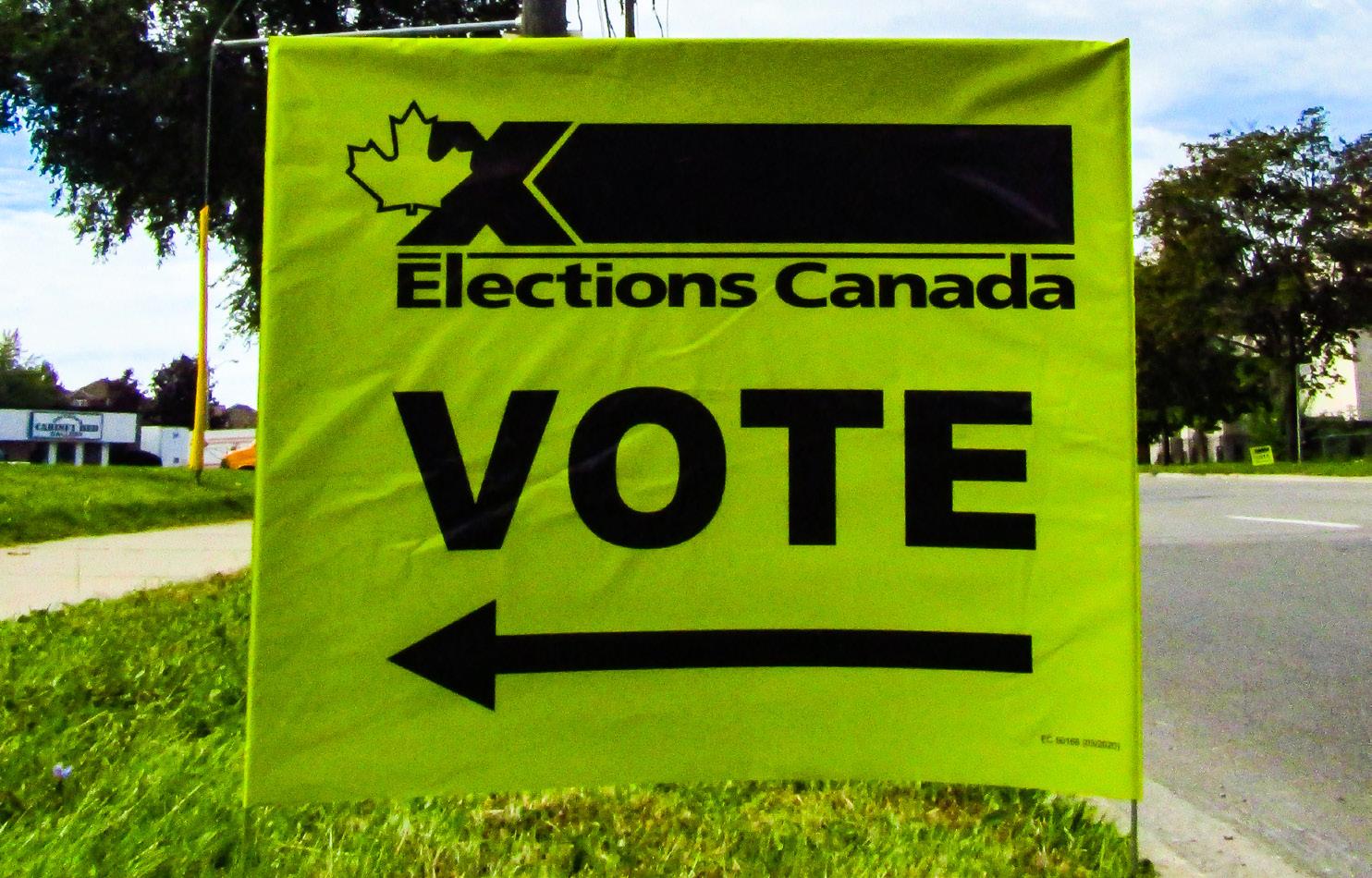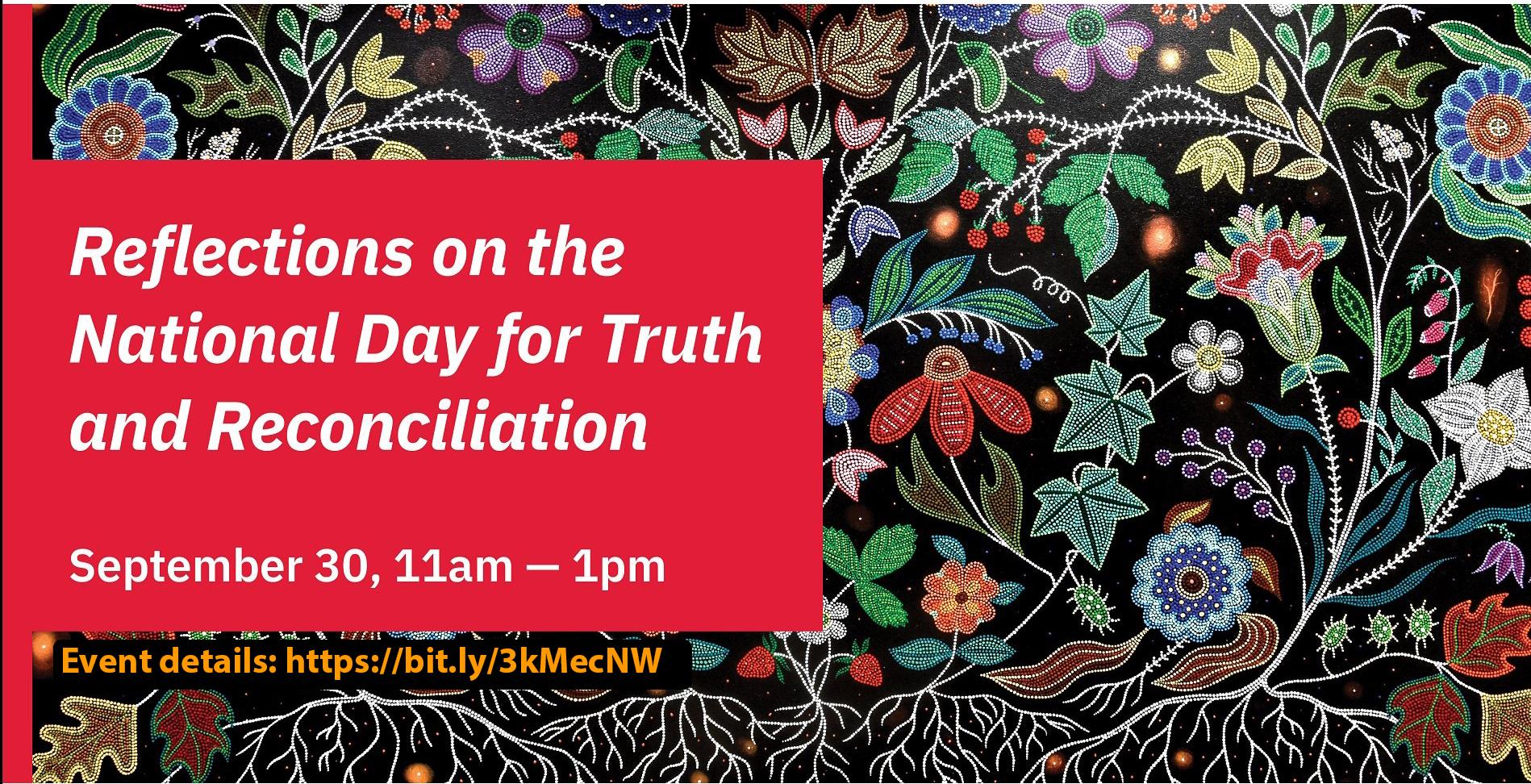
3 minute read
Reject or Re-elect? The 2021 Canadian Federal Election ●
from Pro Tem - Vol. 60 Issue 1
by Pro Tem
Michael Aquilino English Journalist
On the night of Friday, August 27, I had the opportunity to watch as Canadian Prime Minister Justin Trudeau delivered a speech on the campaign trail in Bolton, Ontario - or at least that’s what I thought I would be doing that night. The stop, planned in the wake of Trudeau’s call for a snap federal election with the goal of reclaiming the majority government lost by the Liberal Party in 2019, certainly did not go as planned. In fact, it did not go at all. With both supporters and opposers of the Liberal Party present outside of Bolton’s Hampton Inn Hotel, the event was scheduled to commence at 5:00 p.m. Obscene slurs were shouted, all of which were directly aimed at Prime Minister Trudeau, who was not in attendance. Just after a two-hour delay, the event was called off, citing security concerns. Despite a heavy police presence in the area, Trudeau’s critics made themselves known. As the opposing voices became chaotic, the out-numbered supporters, including many school-aged children, were quickly shuttled away. A dissident was then seen storming through a collection of pro-Liberal signs, grabbing and snapping a stack of them in half. Shortly thereafter, a group of non-supporters took their dissent mobile, waving around a large flag with an obscenity aimed toward Trudeau from their car. That same car was later seen disturbing a nearby drive-in concert, despite its lack of political affiliations. As a Canadian, the display I witnessed that Friday night left me disturbed and disgusted. A welcoming and friendly environment turned into one of great hostility. The very morals and values on which Canadians pride themselves so deeply were clearly not present at that event. I felt as if I were in a different country, perhaps on a different planet. In a time in which Canadians should be rallying together, it seemed that night as though we were drifting further apart. It is completely understandable that people with opposing political views may always disagree. However, the foundation of Canada’s entire political system is built upon contrasting ideologies, and finding ways in which to collaborate and better represent the greater Canadian population. Given the current global circumstances, a show of compassion for one another should not be too much to ask. As Canada prepares to hit the polls on September 20, 2021, it is my request that we consider the political platforms of which may benefit the country as a whole and not solely those of which may be in favour of our own personal interests. What happens to one of us, happens to all of us. Perhaps Canadian political parties need to rethink their strategies and approaches. Could a future coalition government be in the cards? While the probability of this possibility is quite slim, it may be something for Canada’s political actors to contemplate. Why exclusively focus upon the agendas of one political perspective, when many of them can be taken into account? The Green Party of Canada, for example, centres their platform around the environment, a topic of interest that has become ever so pressing in recent years. The Bloc Quebecois, a Federal party that campaigns only in the Province of Quebec, places emphasis upon matters laying specifically within its provincial boundaries. The two largest parties in Canada, The Conservative and the Liberal Parties, also have important agendas of their own. Seeing as the smaller parties have never held office, their agendas may come across as less important - something of which is just not the case. In a coalition government, every party can have a say, enacting legislation that is in the best interest of all Canadians, not just some. At the time of this article’s publishing, Canada’s leader may have already been chosen. Nonetheless, it is my hope that Glendon students will cast their votes with great care. Glendon, the future is in our hands and on our ballots; let’s not waste this opportunity!
Advertisement









